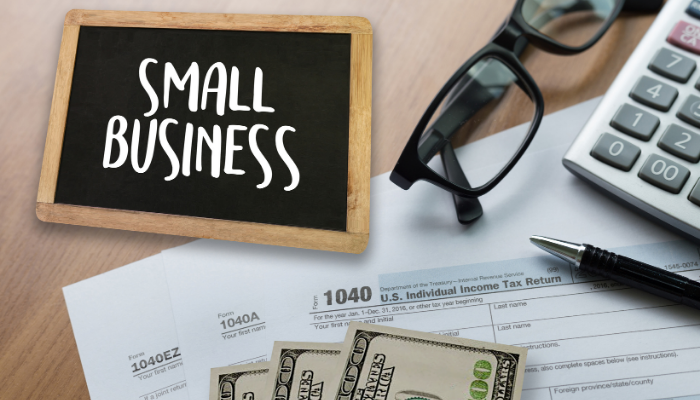
Small business factoring is a financial arrangement that allows company owners to get an upfront payment based on the value of their current invoices. If you're running your own small business, you have probably had to wait an excessively long time to receive payment for some of your services. Invoice factoring solves this problem by farming out the wait period to a third-party that is willing to send you a lump sum in advance to compensate you for your invoices.
Why Consider Small Business Factoring?
There are several reasons to consider using small business factoring for your company. One of the foremost benefits is the speed at which you'll receive payment for your services. Rather than waiting up to 90 days to get paid, you can have your cash in as little as 48 hours!
Another benefit of small business factoring is the reduced credit liability you'll assume. Rather than having to borrow funds from a bank, you can simply use your cash advance to pay for your normal business operating expenses. You'll be able to avoid adding debt to your balance sheet and be able to pay your bills at the same time.
Small business owners often find that their recordkeeping load weighs them down, preventing them from focusing on other parts of their companies. With small business factoring, though, the factoring company keeps many records for you, saving you valuable time and effort.
Possible Concerns of Small Business Factoring
Make sure that the factor's collection philosophy will be a good fit for your customers. If the factoring company uses very aggressive collection techniques, your customers may be turned off from ever ordering services from your business again. Depending on the firm, some factoring companies may even ask for your input before proceeding with collection action.
You'll also need to find out the specific fees and charges that accompany your factoring contract. Many factors charge reasonable fees of three to eight percent, but a few could charge exorbitant prices, particularly if your customers pose a potential liability risk. Take the time to read through your proposed contract terms carefully before agreeing.
One other issue of concern is what action the factor will take if your customers never pay their invoices. Some factoring contracts require that the company itself repay the invoices if the customers default. Depending on how much your invoices amount to, you could be on the hook for a lot of money in this situation. Other factoring firms are willing to assume the liability risk if your customers default, but they may charge you quite a bit more in fees for this consideration.
Once you've found out about the advantages and possible concerns of small business factoring, you can decide if taking advantage of this arrangement would be a good idea for you.

















